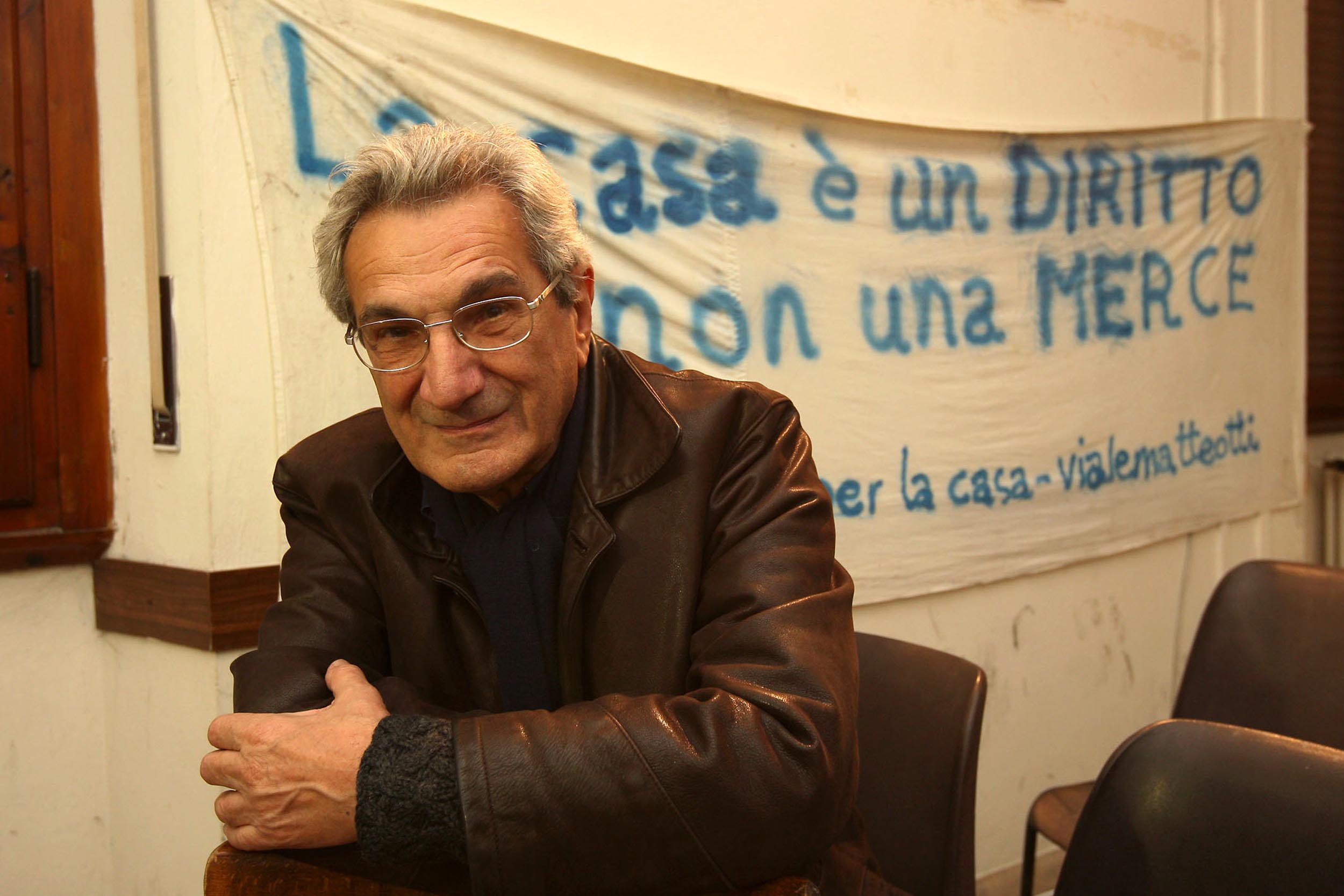Viewpoint magazine has published a special series of interviews with prominent radical thinkers on an intriguing topic: the “return of communism.” “Communism” here doesn’t refer to certain twentieth-century parties and regimes like the Soviet Union, but rather to forms of anticapitalist collective power, which today are more urgently needed then ever. One of the interviews is with Antonio Negri, who discusses the “prerequisites of communism” that exist today and the question of state power. Here’s an excerpt from the interview:
Francesco Raparelli: In an essay on Lenin, Lukács maintains that there can be no historical materialism without grasping the actuality of revolution as the entire backdrop of the epoch. Such actuality now seems nowhere to be found. And yet, as we said, today more than ever the “prerequisites of communism” distinguish the mode of production. Faced with the barbarism of the crisis and war, is revolution once again the only alternative?
Toni Negri: Certainly every mediation has failed between the level of command as configured today in its financial dimension and the general context in which living labor operates. With this failure, it is clear that only a revolutionary process can be the solution for such a radical and insurmountable contradiction. And yet we require clarity on what, today, revolution means. Already in my writings from the 1980s there was a certain attention to the active behaviors, the production of subjectivity that emerges from the new proletarian condition. I believe that speaking of revolution no longer means – because it is now a definitive fact – speaking about the rupture between command and resistance, forms of fixed capital and the liabilities living labor activates in confronting command, and therefore about the rupture with the dialectic. This is no longer the central problem. The problem is understanding which behaviors, levels of organization, and capacities of expression the new proletariat has. Because, when we say “there is no solution except revolution,” we say something that is at this point banal. The problem is not knowing if it is necessary, but rather knowing how it is necessary and how it is possible. Excluding every reformist solution today means more than ever insisting on a processural solution, defined by the construction of institutions of real counter-power. The other element to keep in mind, beyond the processural form, is the fact that this process develops entirely on the terrain of reproduction. Production is subordinated to reproduction, the factory to society, and the individual to the collective which takes form in society. We find ourselves confronted with the necessity of building institutions of the common, not as the ultimate result of the revolutionary process, but as its very condition. From this point of view I think that we can speak again of the actuality of revolution, and speak of it in the present, rather than as the actuality of something to come.
Image of Antonia Negri via ROAR magazine.
